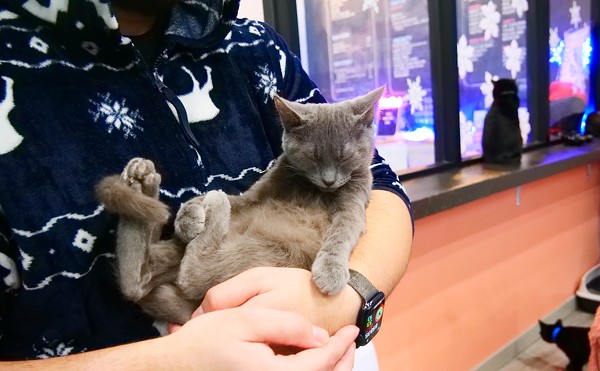The turning of the calendar page to 2014 will mark the 25th anniversary of Steven Soderbergh’s breakthrough Sex, Lies, and Videotape, so it is somewhat fitting to end 2013 with a review of a new video-on-demand release — writer-director JR Hughto’s Diamond on Vinyl — that seems to revisit the murky interpersonal space between strangers who find themselves becoming far too intimate with others; if for no other reason than to shine a light on a beguiling performer with notable pedigree and a potentially promising future.
Sonja Kinski has the same mixture of features as her mother Nastassja — at once feline and alien — that seduced audiences back in the day, first in Roman Polanski’s adaptation of Tess (a multiple Academy Award nominee, which eventually claimed wins for costume design, art direction and cinematography) and a few years later in Paul Schrader’s 1982 remake of Cat People.
Nastassja embodied a mysterious exoticism, fiercely sexual and impenetrable. She seemed an impossible creature of myth, as fascinatingly real as an old world vampire, not the sparkly teen vamps of contemporary young adult tales. Mama Kinski could inspire deep-seated fear and burning lust with a single glance.
And it would appear that her daughter bears, in her genes, traces of the same ability, but Diamond on Vinyl traffics in the simulated perversity of the post-modern world of coupledom.
Ostensibly, it is the story of Henry (Brian McGuire) and Beth (Nina Millin), a couple caught in the push-pull of commitment issues. Henry, an aspiring musician and slacking audio-tech, can’t overcome his own lack of self-confidence, so he resorts to listening to albums of recorded conversations and taping his own interactions with Beth in order to practice and perfect something resembling real and honest exchanges. Early on, Beth discovers one of Henry’s digital recordings of his marriage proposal and the sexual encounter that followed but, upon closer inspection, she unearths aborted takes in which Henry admits to doubts about their relationship.
In the midst of kicking him out of her life, Beth bumps into Charlie (Kinski), who immediately inserts herself into both of their lives. Vinyl seeks to set itself up as an updating of Soderbergh’s classic with Henry as some fractured image of James Spader’s wounded voyeur who oscillates toward self-discovery thanks to his interactions with a much more closed-off would-be lover (Andie MacDowell). While it becomes clear where Henry and Beth are headed, the center of attention rests in the fragile frame of Kinski. Her character is little more than a plot device, a trigger for the journey of the main couple, but Charlie achieves a degree of believability due to the alien beauty and wide-eyed curiosity that resides in Kinski.
Kinski is thin-boned; a waif of angles and edges, but her face is full of lively features. She has saucer eyes and a thick sensual mouth like her mother (which seems more real than say that of Angelina Jolie who looks like an idealized mannequin of human perfection) and skin that lives and breathes under the gaze of the camera. The alien nature that I speak of, in relation to Kinski, is reminiscent of Natascha McElhone in Soderbergh’s Solaris. It speaks to an otherworldly sense, a distant kinship to humanity here on Earth, but definitely, decidedly other.
McGuire and Millin, as Henry and Beth, react to the allure of Kinski with an intensity that could not have been imagined on the page. They, and we as the audience, get sucked into her, but is this truly based on the performance or just her unique charisma? That’s impossible to answer because Diamond on Vinyl, as I stated, uses Kinski as a prop. Charlie doesn’t have a truly compelling arc of her own within the narrative, which is too bad.
Sonja Kinski could very well be a revolutionary figure, the kind of actress we might have dreamed her mother could have been, if given more opportunities. Consider, for example, how Spader went on from Sex, Lies, and Videotape to the wondrously weird worlds of Crash and Secretary, to television (Boston Legal, The Office and now The Blacklist) and into mainstream fare like Stargate, Lincoln and the upcoming Marvel blockbuster The Avengers: Age of Ultron, all the while playing off his own brand of sinister, off-kilter relatability. Kinski could usurp that mythic birthright from her mother and usher in a reign that defines the family name forevermore. Her old soul deserves to be immortalized on wax, and not some digital copy. (Available now on VOD)
Grade: C+
CONTACT TT STERN-ENZI : [email protected]






